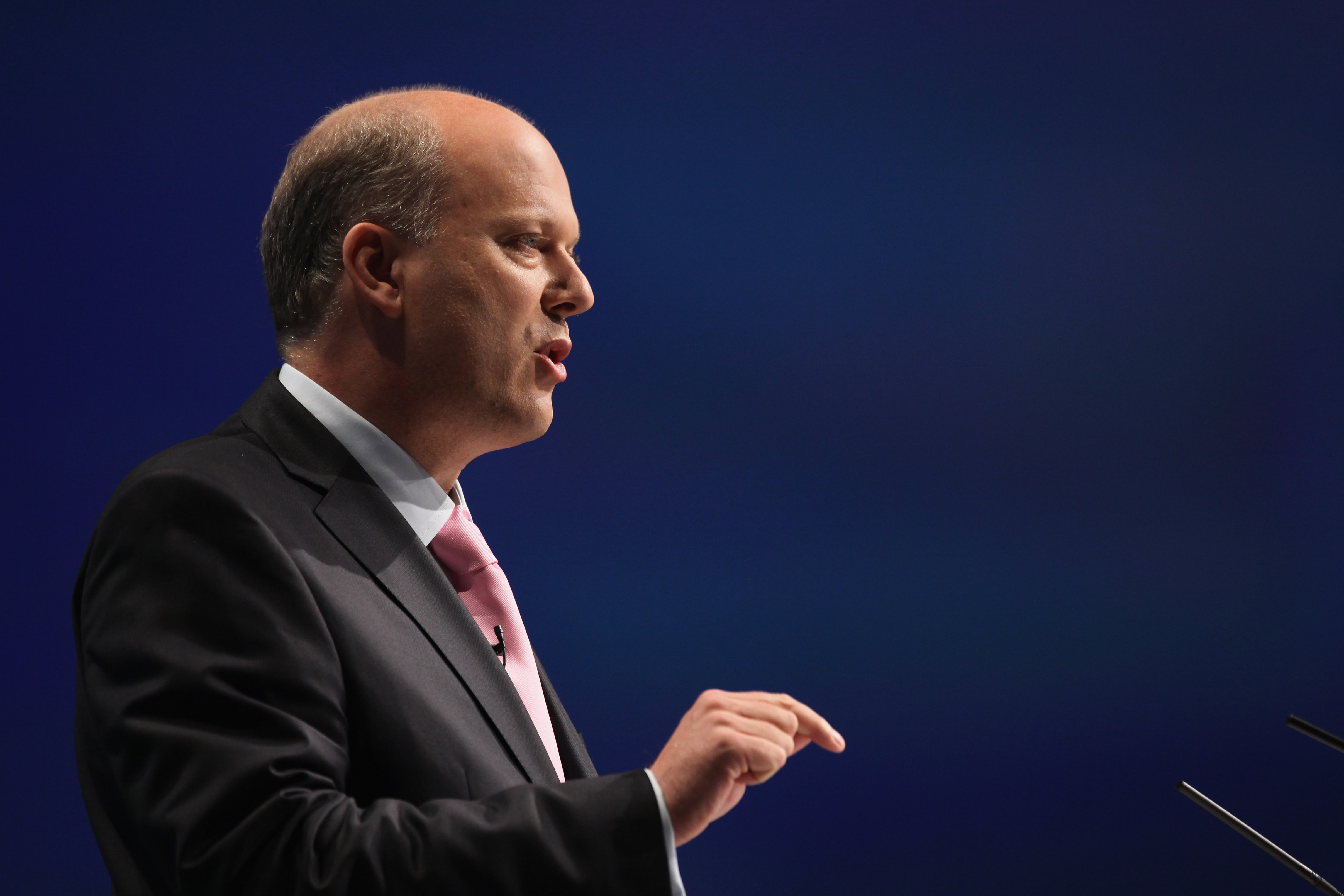 Forget Balls, today brings one of the most significant moments in the life of the
coalition so far: the launch of its Work Programme. The name may be commonplace but, as Fraser suggested earlier, the policy is revolutionary. Over the next year, around one million unemployed
people will be enrolled on work schemes run by private companies and charities. Those companies will then be paid between £4,000 and £13,700 for every person they return to proper,
long-term work. It is, evidence suggests, an effective and cost-effective way of getting benefit claimants back into the labour market — and it reaches those claimants that the state-run
JobCentres can scarcely be bothered to reach. Even Labour are today criticising the coalition for not being big enough in their designs. This is one reform agenda that no-one really wants to
surrender.
Forget Balls, today brings one of the most significant moments in the life of the
coalition so far: the launch of its Work Programme. The name may be commonplace but, as Fraser suggested earlier, the policy is revolutionary. Over the next year, around one million unemployed
people will be enrolled on work schemes run by private companies and charities. Those companies will then be paid between £4,000 and £13,700 for every person they return to proper,
long-term work. It is, evidence suggests, an effective and cost-effective way of getting benefit claimants back into the labour market — and it reaches those claimants that the state-run
JobCentres can scarcely be bothered to reach. Even Labour are today criticising the coalition for not being big enough in their designs. This is one reform agenda that no-one really wants to
surrender.
But this isn’t to say that the Work Programme will be easy to implement, nor as successful as the government hopes. When Labour experimented with its own programmes, under James Purnell, the welfare-to-work companies often fell well short of both expectations and their contractual obligations. The contracts were too optimistic about what could be achieved, the companies claimed. You’re under-performing, the politicians replied. And although Chris Grayling is confident that he has the balance of payments and results more adequately attuned this time, there is always potential for more of the same this time around. The contracts will be regularly reviewed, we’re assured. But the real test will be what happens to those companies, if any, who don’t meet the terms of success.
And then there’s the fact that this is only one fraction of the sprawling welfare equation. We shall have to wait until after this Parliament, and the complete introduction of IDS’s Universal Credit, for the rest to be filled in. In the meantime, a workfare system that encourages employment will be up against a benefits system that discourages it. And, according to the workfare types I speak to, the latter all too often wins out. So while the revolution may have started today, it could take a half-decade — or more — for the full results to take hold.







Comments